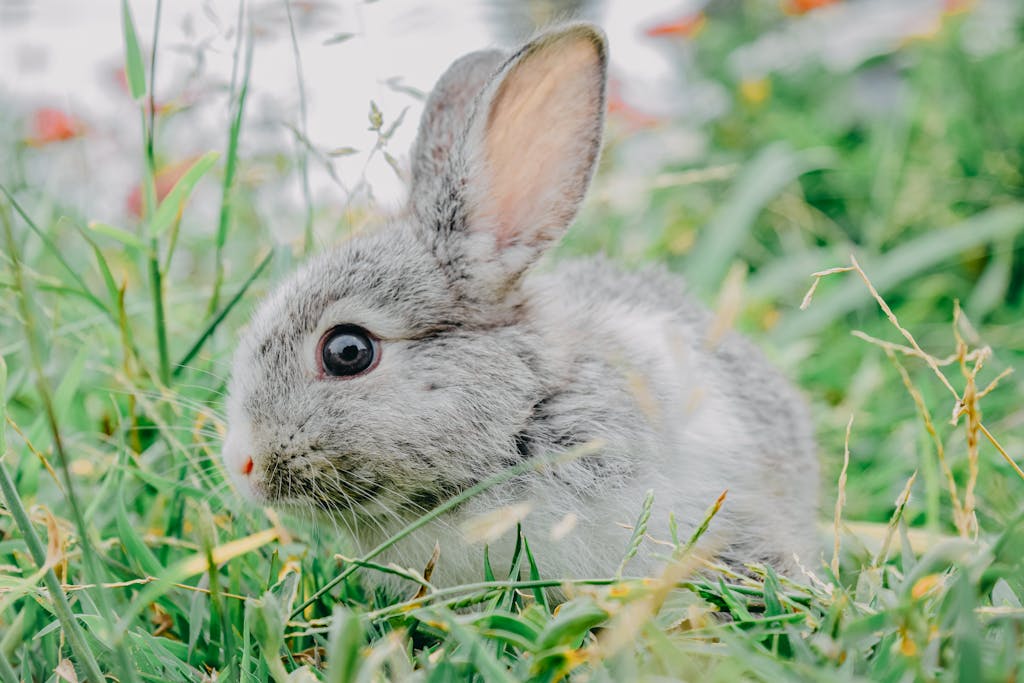Why Do Rabbits Poop So Much??
There are some affiliate links below, but they are all products I highly recommend. For more info, view my disclosure here.
Have you ever wondered why rabbits seem to poop so much? It’s a common question among pet owners and those who have observed wild rabbits. The truth is, rabbits have a unique digestive system that allows them to extract as many nutrients as possible from their food, resulting in a high frequency of bowel movements.
Rabbits are herbivores, which means their diet consists entirely of plant material. In order to extract the nutrients they need from this tough, fibrous material, rabbits have a specialized digestive system that includes a large cecum, a pouch-like structure located at the beginning of the large intestine.
This cecum is filled with beneficial bacteria that break down the plant material and extract the nutrients. The waste material that is left over is excreted as small, round pellets that we commonly refer to as rabbit poop.
Why do rabbits poop so much? The answer lies in their unique digestive system and the need to extract as many nutrients as possible from their plant-based diet. While it may seem excessive to us, frequent bowel movements are a normal and necessary part of a rabbit’s digestive process.
TLDR: Rabbits poop a lot due to their herbivore digestive system designed to extract all possible nutrients from fibrous plant matter. A key part is the cecum which produces nutrient-rich cecotropes that rabbits re-ingest to maximize nutrition absorption.
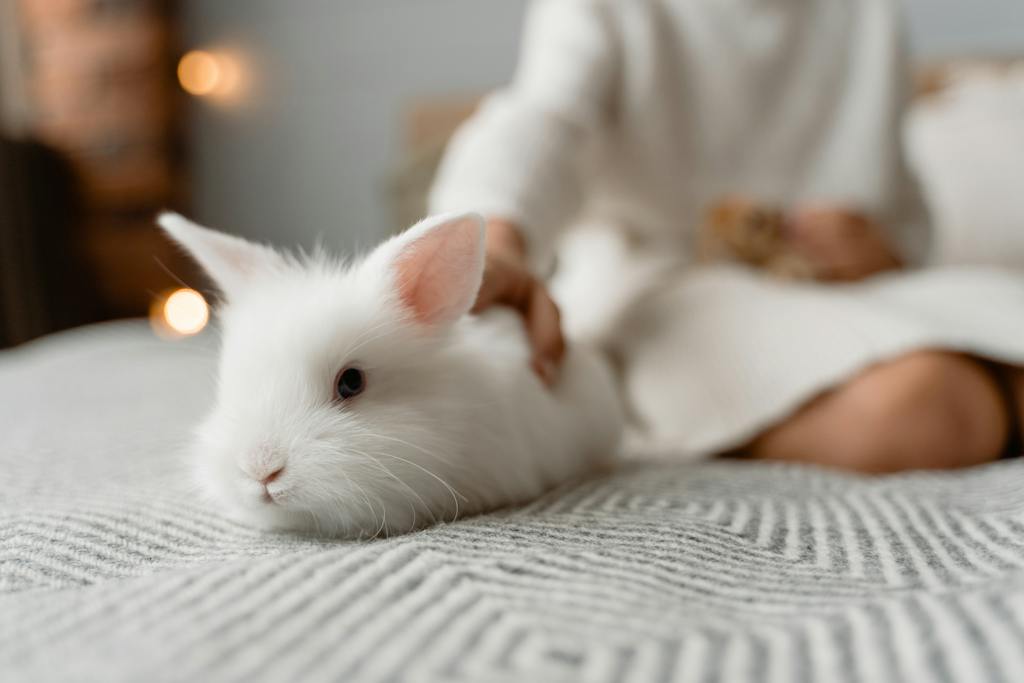
Understanding The Rabbit Digestive System
Rabbits have a unique digestive system that allows them to extract nutrients from their food efficiently. Understanding how their digestive system works can help you better understand why rabbits poop so much.
The Role of Cecotropes
One of the key components of a rabbit’s digestive system is the cecum, a pouch-like organ located at the beginning of the large intestine. The cecum contains a variety of bacteria and other microorganisms that help break down fiber and other complex carbohydrates that rabbits consume.
As food moves through the digestive system, it passes through the cecum, where these microorganisms ferment it. The result is a soft, nutrient-rich pellet called a cecotrope. Rabbits can produce up to 300 of these pellets per day, and they play a crucial role in the rabbit’s diet.
When a rabbit eats a cecotrope, it re-ingests the nutrients that were not fully digested the first time around. This process is known as coprophagy, and it allows rabbits to extract even more nutrients from their food.
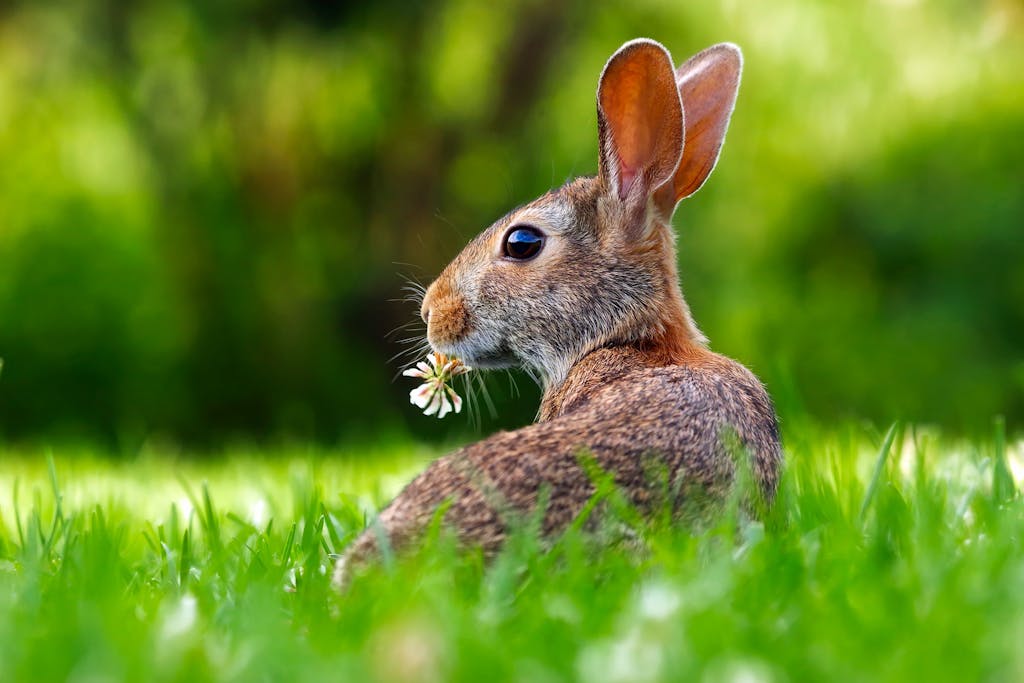
Digestive Process and Fiber
Fiber is a crucial component of a rabbit’s diet. It helps keep their digestive system healthy and functioning properly. As rabbits eat fiber-rich foods, such as hay, the fiber passes through their digestive system and into the cecum.
The microorganisms in the cecum then break down the fiber, producing volatile fatty acids and other nutrients that the rabbit can absorb. This process is known as fermentation, and it is essential for a rabbit’s health.
However, not all of the nutrients in the cecum are fully absorbed the first time around. This is where cecotropes come in. When a rabbit eats a cecotrope, it re-ingests these nutrients, allowing its body to extract even more energy and nutrients from its food.
Rabbits poop so much because their digestive system is designed to extract as many nutrients as possible from their food. The cecum and cecotropes play a crucial role in this process, allowing rabbits to extract even more nutrients from their food and maintain a healthy digestive system.
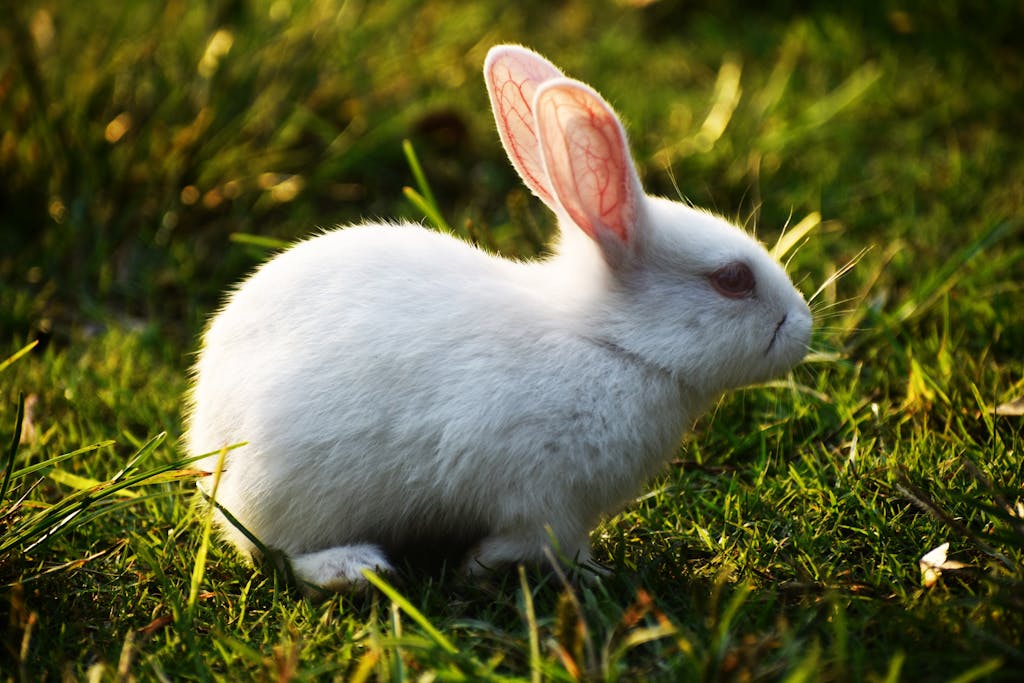
Factors Influencing Rabbit Poop
Rabbits are known for their constant pooping, with some rabbits producing up to 300 droppings per day! Crazy, right?! However, the amount and consistency of rabbit poop can vary depending on several factors.
Diet and Nutrition
The rabbit’s diet plays a significant role in the frequency and consistency of their poop. Rabbits are herbivores and require a diet rich in fibrous plant material to maintain their digestive health. A diet lacking in fiber can lead to diarrhea and other health issues.
A diet high in hay and leafy greens provides rabbits with the necessary nutrients and fiber to promote healthy digestion. Rabbits require a steady supply of energy and vitamins to maintain their overall health.
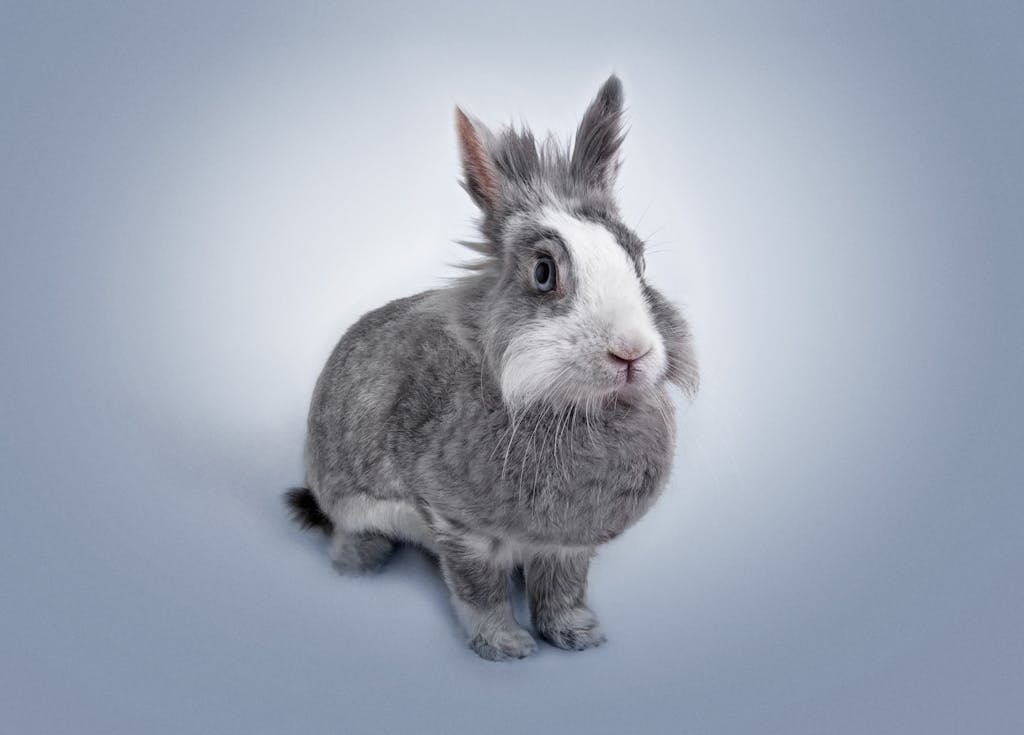
Health and Illness
Rabbits can experience health issues that affect their poop, such as diarrhea or constipation. Diarrhea can occur due to a diet lacking in fiber or an imbalance of nutrients. Constipation can occur due to a lack of hydration or a diet lacking in fiber.
Monitor your rabbit’s poop and seek veterinary care if you notice any changes in frequency or consistency. Health issues can be addressed through dietary changes or medical treatment.
A rabbit’s diet and overall health play a significant role in the frequency and consistency of their poop. Providing a balanced diet rich in fiber and nutrients, as well as monitoring your rabbit’s health, can help promote healthy digestion and reduce the risk of health issues.
Rabbit Poop Characteristics
As a rabbit owner, understand what normal rabbit poop looks like. Rabbit poop is also known as droppings or pellets. Normal rabbit poop is small, round, and dry. It is usually brown in color and has a slightly musky odor.
Normal Rabbit Poop
Normal rabbit poop is made up of undigested fiber from the rabbit’s diet. Note that rabbits produce two types of poop: hard, dry pellets and soft, mucus-covered pellets. The hard, dry pellets are the ones that are usually seen in the litter box, while the soft, mucus-covered pellets are eaten by the rabbit as they pass through the digestive system. This is a normal part of a rabbit’s digestive process and helps them to absorb all the nutrients from their food.
Abnormal Poop Indicators
Keep an eye out for any abnormal poop indicators. Abnormal poop can be an indicator of a health problem. If your rabbit’s poop is runny or has a strong odor, it may be a sign of gastrointestinal problems. If the poop is black or tarry, it may be a sign of internal bleeding. If you notice any of these abnormal poop indicators, take your rabbit to the veterinarian as soon as possible.
Understanding the characteristics of rabbit poop is essential for any rabbit owner. Knowing what normal rabbit poop looks like can help you identify any potential health problems early on. Keep an eye out for any abnormal poop indicators and seek veterinary care if necessary.
Rabbit Poop and Overall Care
Habitat and Litter Training
Rabbits are adorable and social pets that require a clean and comfortable living environment. A proper habitat will help reduce stress and promote good health. A litter box is an essential part of your rabbit’s habitat. Rabbits are naturally clean animals and can be litter trained with patience and consistency.
To litter train your rabbit, place a litter box in their living space with hay and a litter of your choice. Rabbits tend to poop in one area, so observe where your rabbit likes to go and place the litter box there. Clean the litter box daily to prevent bacteria buildup and promote good hygiene.
Poop as a Health Indicator
Rabbit poop may seem excessive, but it is a vital indicator of your rabbit’s health. Healthy rabbit poop should be round and firm, with a consistent color and texture. Abnormal poop can indicate stress, illness, or poor diet.
Rabbit pee and bunny poops should be monitored daily for any changes in color, smell, or consistency. If you notice any abnormality, consult with your veterinarian immediately. A healthy diet, regular exercise, and spaying/neutering your rabbit can help prevent health issues and promote healthy poop.
Proper rabbit care includes maintaining a clean and comfortable living environment, litter training, and monitoring poop as a health indicator. Regular cleaning and monitoring can help prevent stress, bacteria buildup, and health issues.
Poop Management and Environmental Impact
Gardening with Rabbit Manure
Rabbit poop, also known as rabbit manure, is a great fertilizer for your garden. It is rich in nitrogen, phosphorus, and potassium, which are essential nutrients for plant growth. Rabbit manure is also a great source of organic matter, which can help improve soil structure and water-holding capacity.
To use rabbit manure in your garden, you can either apply it directly to the soil or compost it first. If you choose to apply it directly to the soil, make sure to mix it in well and avoid applying it too close to plant roots. If you choose to compost it first, mix it with other organic materials such as shredded leaves or straw and let it sit for several months before using it in your garden.
Maintaining a Clean Environment
Rabbits are known for their frequent bowel movements, which can make keeping their enclosure clean a challenge. However, maintaining a clean environment is important for both the rabbits’ health and the environment.
To manage rabbit poop, clean their enclosure regularly and remove any soiled bedding or hay. You can also use litter boxes to help contain the poop and make cleaning easier. When disposing of rabbit poop, avoid flushing it down the toilet or throwing it in the trash. Instead, consider composting it or using it as fertilizer in your garden.
Managing rabbit poop can be a challenge, but with proper management techniques, it can also be a valuable resource for your garden. By composting or using rabbit manure as fertilizer, you can help reduce waste and improve soil health. And by maintaining a clean environment, you can ensure the health and well-being of your rabbits while also reducing their impact on the environment.

